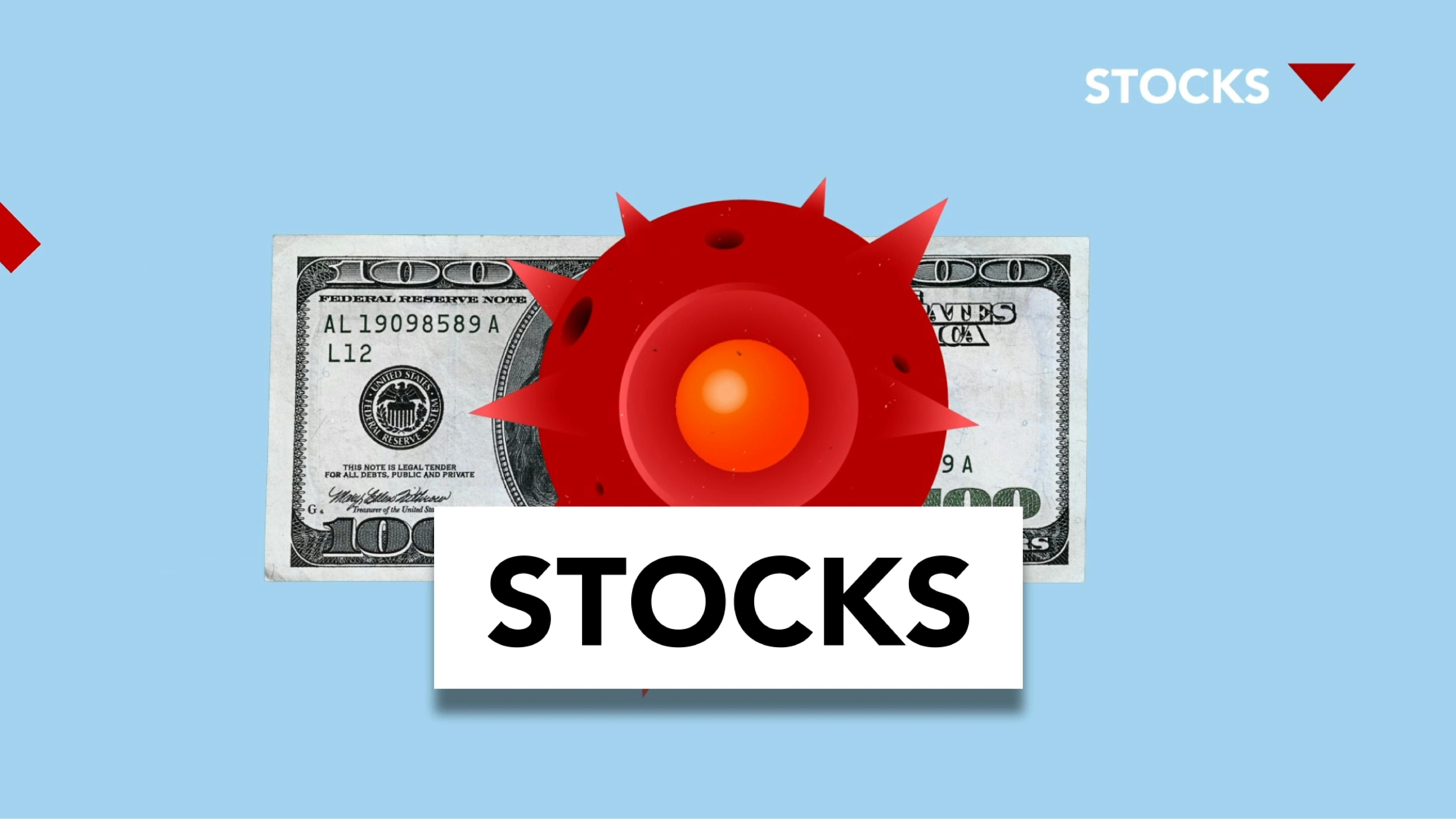Trading Turbulence: "Panic Monday" Emerges After Black Friday as US-EU Trade War Intensifies
- Author: Yannik Schueller and Phil Goebel
- Published: 1 Min Ago
- U.S. President Trump applauds stock market collapse - EU proposes U.S. custom agreement deal
The stock market's tumble on Monday, dubbed "Panic Monday," might not be just a coincidence. As international markets react to additional US tariffs, fears of a market crash are mounting. The start of trading saw the German stock index (DAX) plummet by about 10 percent, falling to 18,489 points in the opening minutes. After a brief recovery, the DAX reached 19,000 points. The Asian stock markets suffered a collapse earlier in the day.
Cryptocurrency, including Bitcoin, faced heavy losses, dipping below the 70,000-point mark.
DAX Sags: No Trade War Truce in Sight
The US-EU trade conflict shows no signs of easing. US President Donald Trump has expressed willingness to negotiate under certain conditions. However, trade minister Howard Lutnick has hinted that the US will remain tough with high import duties imposed on goods from nearly all nations. Chinese stock exchanges were closed on Friday due to a holiday. On Monday, the CSI-300 index of the most important Chinese mainland stocks dropped 7.8 percent before trading concluded. The Hang Seng index in the Chinese special administrative region of Hong Kong plummeted by 11.5 percent at the end of trading.
Trade War Ramifications
In the ongoing US-EU trade war, the DAX and Bitcoin are not immune to the fallout. The DAX may become prone to increased volatility when trade conflicts escalate, affecting European industries that are dependent on international trade.
Bitcoin, often seen as a safe-haven asset during economic uncertainty, may see increased interest or price fluctuations in times of heightened trade tensions. However, its price could be more influenced by a complex array of factors beyond trade conflicts, such as global economic conditions, geopolitical tensions, and regulatory changes.
Understanding the US-EU Trade War
Recently, the US has imposed tariffs on EU aluminum, steel, cars, with EU retaliation likely. The EU is considering a range of retaliatory measures, including tariffs on US goods and the use of an anti-coercion instrument which allows for restrictions on intellectual property rights and access to the European market[2]. The US-EU trade war could potentially lead to increased economic uncertainty, causing volatility in financial markets, such as the DAX and Bitcoin.
[2]: https://www.reuters.com/business/eu-officials-discuss- Frankfurt-level-countermeasures-us-subsidies-aircraft- 2021-03-05/
- The following are the main factors causing the "Panic Monday" in the stock market: the escalation of the US-EU trade war, the additional US tariffs, the uncertainty about a trade war truce, and the impact on international markets such as the German DAX and Chinese exchanges.
- The volatile trading of the DAX and Bitcoin can be attributed to the ongoing US-EU trade war, as these markets may become more susceptible to increased volatility during trade conflicts.
- The US-EU trade war barometer indicates an intensified economic uncertainty, which could lead to further plunges in the DAX, Bitcoin, and other financial markets, similar to what happened on "Panic Monday."








